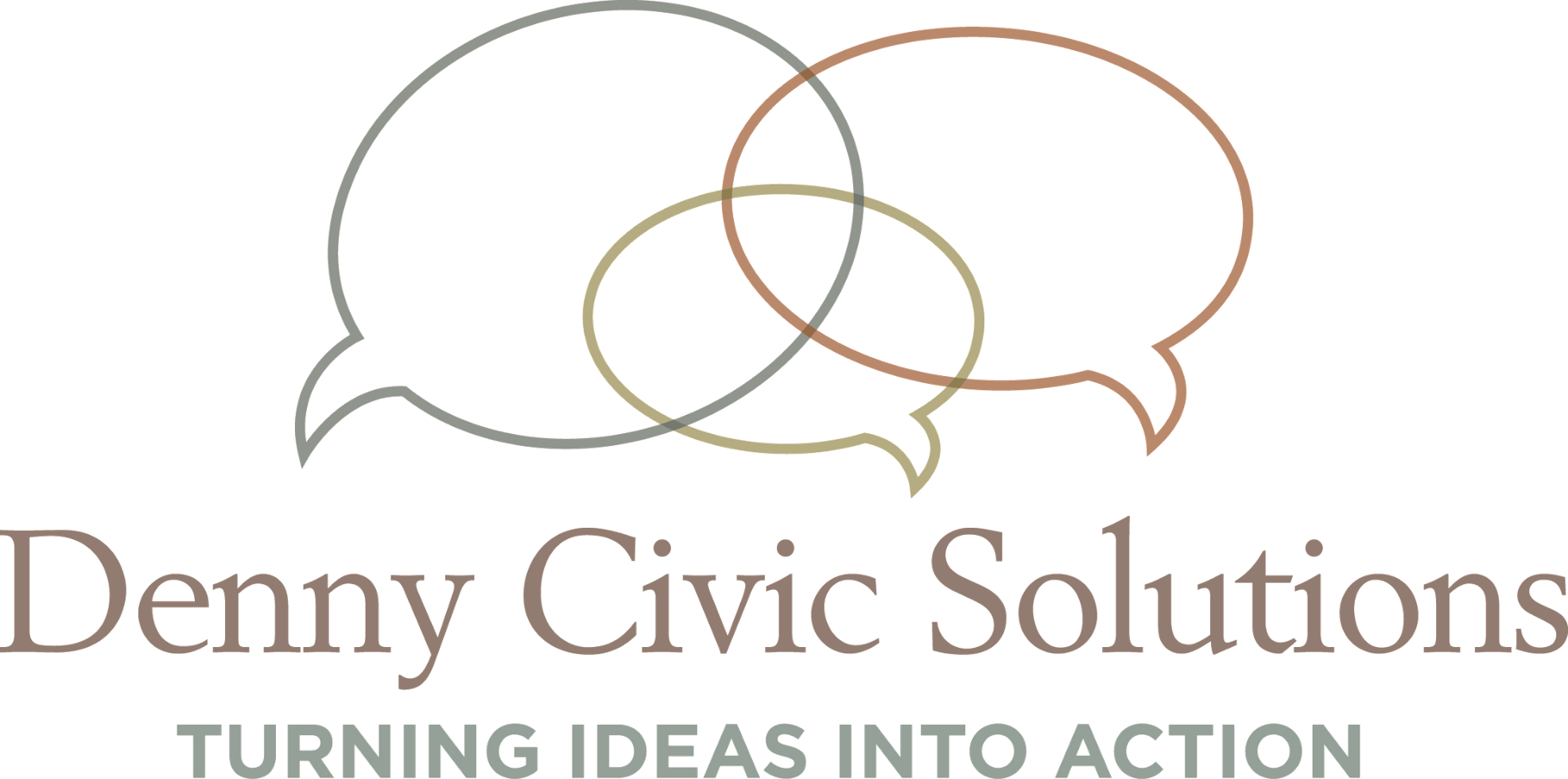When Patience Is An Action – and When It’s Inaction
I was once told by a good friend (and brilliant political strategist) Mark Holman that patience is an action. Mark served as former Pennsylvania Governor Tom Ridge’s chief of staff, and is now a principal with the Washington, D.C.-based lobbying firm Ridge Policy Group.
Mark shared that particular nugget with me for a reason. I’ll be the first to admit that I can be a highly impatient person, and I often conflate a sense of urgency with immediate action. It begs the question: how do we balance patience and urgency, especially in the work we do for our clients?
Many of our clients at DCS work in communities where families are living on the edge – and time is not always on their side. Take, for example, our work with Amachi Pittsburgh and its Victims No More campaign. The objective was to secure state funding for preventive mentoring programs serving the 8,500 kids in Allegheny County with an incarcerated parent. Try telling those kids that “patience is a virtue.”
Or take our work on the #StrongMomStrongBaby campaign, designed to help mothers suffering from postpartum depression and their infants. For these families, early identification and intervention matters – and it’s why we’re in such a rush to pass SB 648 / HB 1270.
Nonetheless, my friend Mark was right – in many cases, patience does pay off. Here are two examples from our own work where inaction was actually the best action at the time.
Regulating Donor Milk
Human milk is liquid gold for babies, especially those born prematurely or with health complications. Milk that has been donated by screened mothers helps reduce infant mortality rates, improves health outcomes, and lower health care costs. But in order to do so, that milk must be safe, regulated, and carefully pasteurized – standards that our client, the Mid-Atlantic Mothers’ Milk Bank, lives up to every day.
But with the demand for donor milk increasing across Pennsylvania, we need to ensure that all milk banks are meeting the same strict standards. Thus the sense of urgency – regulation is necessary to protect the health of the donating mother, her child, and the recipient infant. Had we rushed a piece of legislation that wasn’t carefully vetted, or had it introduced without sufficient support, or were it not led by the strongest possible legislative champions, it would have quickly failed. By being patient in the drafting, introduction, and recruitment of champions, when the bill was ready to move in the PA House, it did so almost unanimously, and is now positioned well in the Senate.
Changing a Name
Pennsylvania was one of the last states to refer to human services as “welfare.” Having a Department of Public Welfare instead of Human Services stigmatized Pennsylvanians utilizing those serves and those who worked for the department. It also provided a wonderful punching bag for some legislators whose perceptions about people “on welfare” made it easy to cut the Department’s funding.
That’s why the Campaign for What Works mounted an aggressive campaign in 2011 to change the name. What might seem like a simple change became a Herculean task. The campaign used every tool, every argument, every organization, and every influencer imaginable to get it done. And when things seemed stalled, it was patience that was required. Any further pushing at the time might have doomed it for defeat. Waiting until the perfect time – when our bill was actually needed for other things in the state budget – gave us the opportunity to act with urgency after being actively patient.
And that patience paid off – just ask anyone at our Pennsylvania Department of Human Services.
So…Just How Do We Balance Patience and Urgency?
Returning to our original question, striking the right balance is something I struggle with constantly. But there are a few factors I always try to keep in mind when making the call:
Timing is everything. This is something another brilliant friend and strategist, Donna Malpezzi of DMMConsulting, reminds me of constantly. Sometimes a major news story or outside development can focus everyone’s eyes on your issue in an instant – and you have to be ready to strike while the iron is hot
When they say “yes”, keep going. My experience has been that even when key decision makers say “yes,” it is actually not a time to be patient. You have to keep the momentum going and the pressure on until “yes” becomes “done.”
Sometimes, things need to settle down before you can break through the noise. There are certain times, especially in a legislative calendar, when things can get tense. Trying to insert yourself or issue during these times can be tricky, especially if you haven’t done the ground work in advance. Know when to step in – and when to shoot for a meeting over the summer or in the district office instead.

